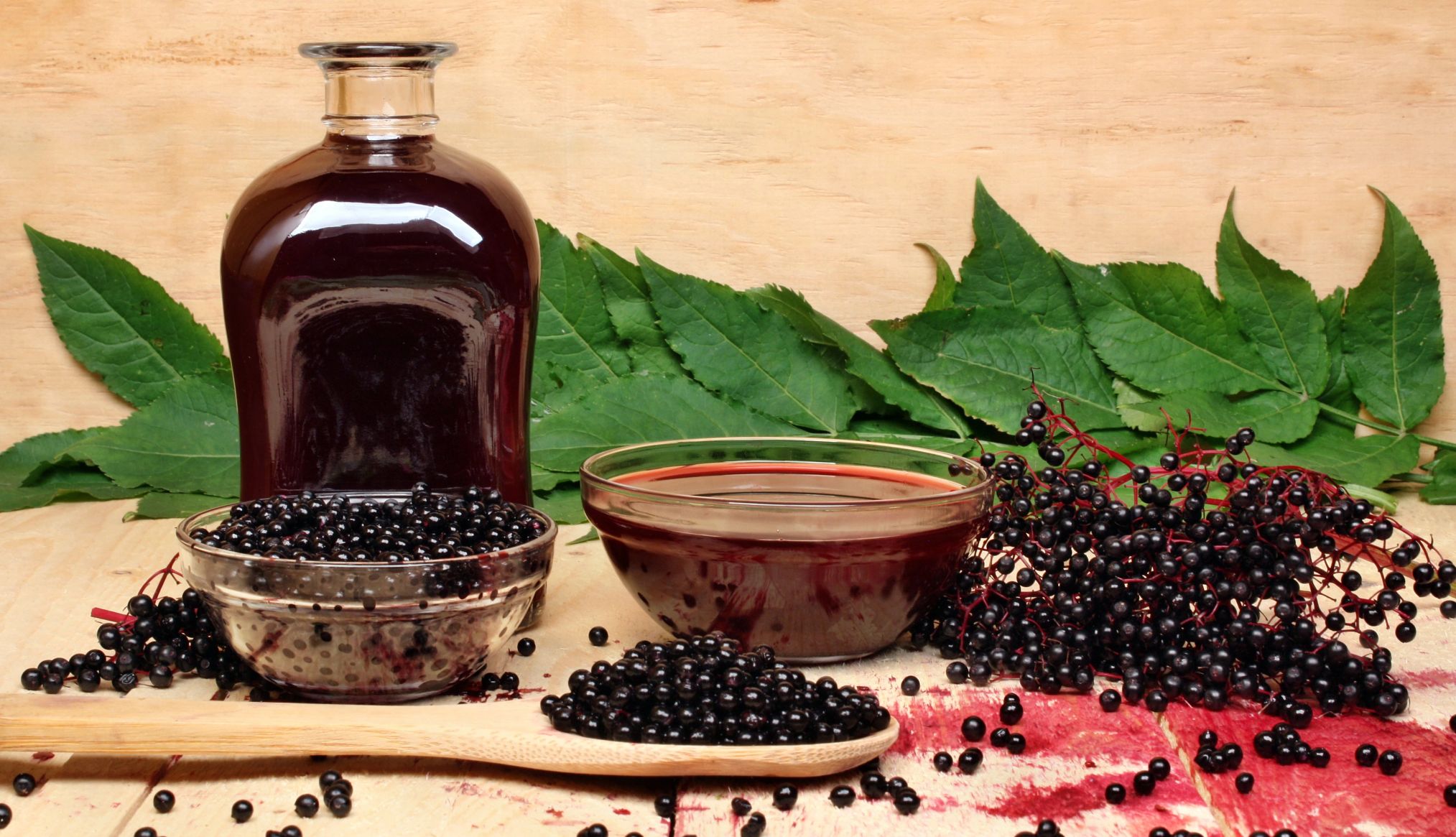
- Select a language for the TTS:
- UK English Female
- UK English Male
- US English Female
- US English Male
- Australian Female
- Australian Male
- Language selected: (auto detect) - EN
Play all audios:
SUPPLEMENTS AREN’T WITHOUT RISKS, SIDE EFFECTS When people are considering any health intervention, they should take two things into account, says Mary L. Hardy, M.D., a botanical medicine
and integrative medicine expert with the Academy of Integrative Health and Medicine. “The first is safety, and a close second is efficacy. Is it safe, and does it work?” Apart from the big
caveat with elderberry — when eaten raw, the berries can be poisonous and make you sick — “it has a good safety record,” says Hardy, citing a review of studies published in 2021 in _BMC
Complementary Medicine and Therapies_. Although the researchers found that the evidence for effectiveness was mixed, they concluded that the herb appeared to be a safe option for soothing
upper respiratory symptoms. It’s easy to assume that anything as ubiquitous as elderberry — supplements are sold online and on store shelves — isn’t capable of doing serious harm. But
doctors and public health professionals caution that’s not true, especially for people with chronic conditions. “Elderberry may overstimulate the immune system, which can worsen autoimmune
diseases such as rheumatoid arthritis, lupus, or multiple sclerosis, and it can react with certain medications or cause upset stomach,” says Maria Portela, M.D., associate professor at
George Washington School of Medicine and Health Sciences and chief of Family Medicine. If you have a high fever or a preexisting condition like COPD (chronic obstructive pulmonary disease)
or diabetes, in addition to those mentioned above, talk to your doctor before taking any supplement. Another consideration: “Elderberry may help relieve symptoms, but it shouldn’t replace
antiviral medications such as oseltamivir (Tamiflu) or baloxavir (Xofluza) for high-risk populations such as people who are immunocompromised,” Portela says. “Unlike elderberry, these
medications have undergone rigorous clinical trials and are FDA-approved for influenza treatment," she says. If you take any type of medicine or supplement, you should also check with
your doctor before trying elderberry. “Elderberry and other botanical supplements can interact with other medications or supplements and might have other side effects,” Cohen says. “In the
case of elderberry, it might have a diuretic effect or make people a little dehydrated. But that effect is unpredictable because you can’t really know how much of the active ingredient is in
the supplement. Because of the lack of standardization, you’re in a bind.”









